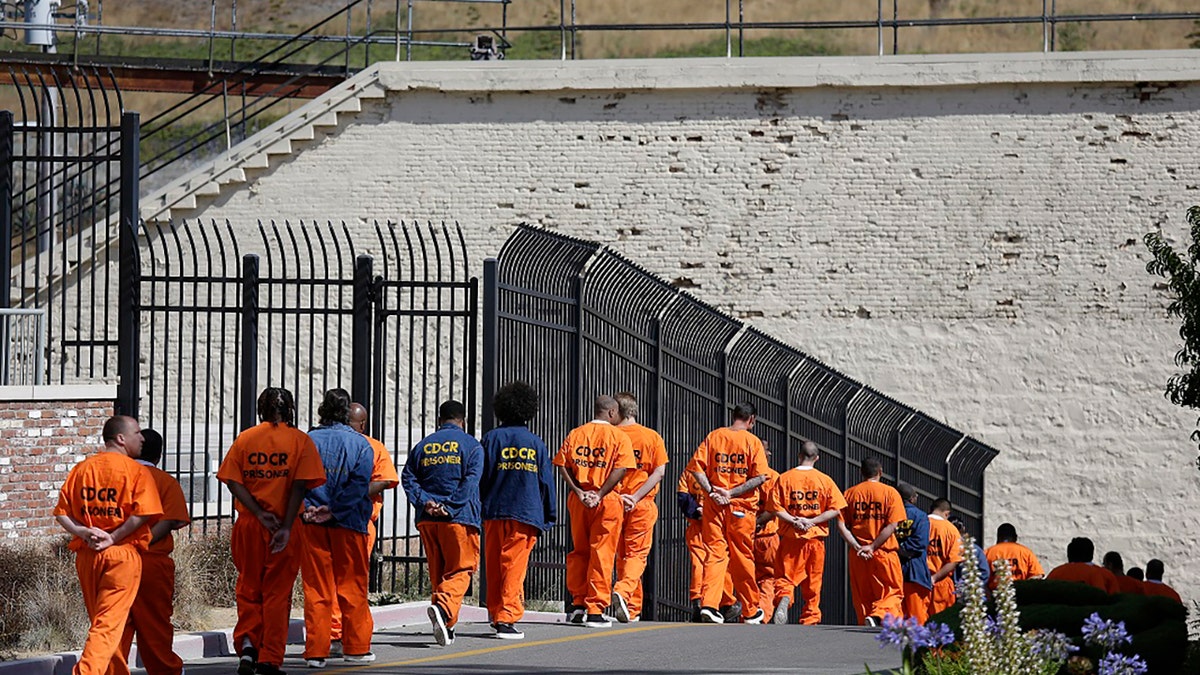Sacramento DA: 'Rogue prosecutors' are emboldening criminals in California
Sacramento County District Attorney Anne Marie Schubert slams liberal DA's, including George Gascon, following the murder of UCLA grad student Brianna Kupfer.
A judge is allowing California to proceed with plans to allow earlier potential prison release dates for repeat offenders with serious and violent criminal histories under the state’s "three strikes" law.
Sacramento Superior Court Judge Shama Mesiwala lifted the temporary restraining order she imposed last month.
That order temporarily blocked California corrections officials from acting on emergency regulations allowing them to increase good conduct credits for second-strike inmates serving time for nonviolent offenses who are housed at minimum-security prisons and camps.
Their daily credits can now increase from half off their sentences to two-thirds off their sentences.
The ruling "clears the way for the Department to implement regulations that incentivize incarcerated people to participate in positive rehabilitative activities and avoid negative behavior," corrections department spokeswoman Vicky Waters said in an email.
BRIANNA KUPFER MURDER: UCLA STUDENT REMEMBERED AS ‘BRIGHTEST PART OF ANYONE’S DAY' IN LARGE VIGIL
Twenty-eight of California’s 58 district attorneys moved to block the rule, but Mesiwala agreed with corrections officials that the prosecutors lacked standing to challenge the regulations.
The prosecutors argued that it would apply to those convicted of, among other things, domestic violence, human trafficking, animal cruelty and possession of weapons by inmates who have previous convictions for serious and violent felonies. California has a narrow definition of what constitutes a violent crime.

Inmates walk in a line at San Quentin State Prison in San Quentin, California, Aug. 16, 2016. (Associated Press)
They argued that they had legal standing to challenge the rules because they "represent over 20 million Californians who have been impacted by these so-called emergency regulations."
CLICK HERE TO GET THE FOX NEWS APP
But the judge ruled Thursday that the prosecutors do not have legal standing, which is "fatal to their contention that they have shown a likelihood they will prevail upon their claims."
"Moreover, District Attorneys do not represent crime victims, they represent the People of the state," Mesiwala added. "Thus, District Attorneys do not stand in the shoes of crime victims as their de facto legal representatives; they instead represent the public at large."
She thus rejected the prosecutors’ request for a preliminary injunction.
Sacramento County District Attorney Anne Marie Schubert, who led the challenge and is running for state attorney general, declined comment through a spokeswoman.










































